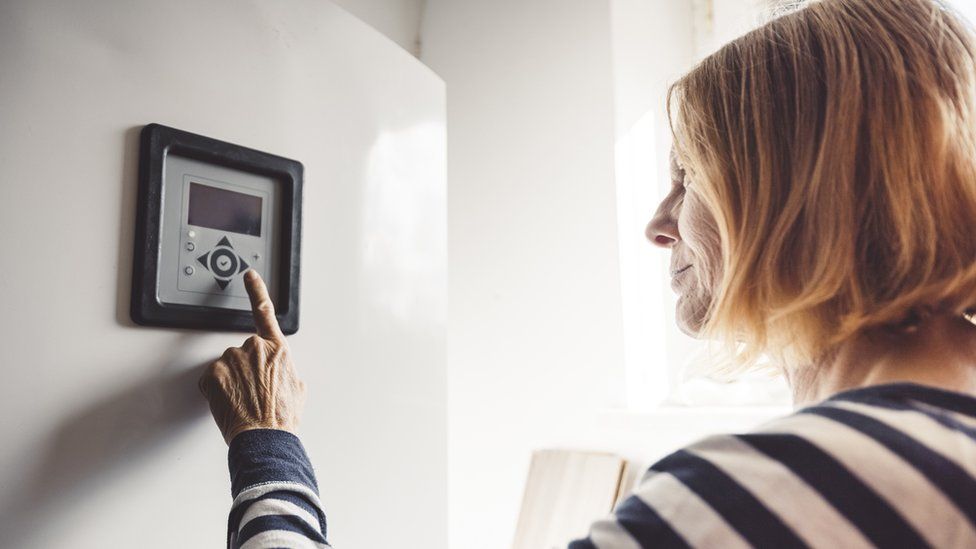ARTICLE AD BOX
 Image source, Getty Images
Image source, Getty Images
The value of discounts on electricity bills for households that cut peak-time use is to be raised, National Grid ESO has said.
Households will be paid £3 per kilowatt hour instead of 52p, if they avoid high-power activities, such as cooking, when demand is high, the firm said.
Energy firms Octopus and E.On had said the 52p payment to incentivise customers to sign up was too low.
The scheme is aimed at easing pressure on UK power grids this winter.
National Grid said at the beginning of October that in a worse-case scenario, planned power cuts could be necessary if gas supplies run very low.
Writing in the Guardian on Thursday, Fintan Slye, the director of National Grid ESO, said businesses and homes "can become virtual power plants and, crucially, get paid like one too".
"For a consumer that could mean a typical household could save approximately £100, and industrial and commercial businesses with larger energy usage could save multiples of this," he said.
The service, which National Grid wants to launch in November, will only be available to homes with smart meters installed.
There are about 14 million households with electricity smart meters in the UK.
Many households have been struggling with higher bills as energy prices soar.
To help, the government originally said it would limit energy bill rises for all households for two years from October. However, this help is now due to end in April after being shortened by new chancellor Jeremy Hunt.
Typical household energy bills could now reach £4,347 a year from April, an analyst has estimated.
Octopus Energy and E.On had warned that the proposed payment to customers of 52p for each kilowatt-hour of electricity saved during peak times was too low, and would not encourage people to sign up.
During a trial of the service, Octopus added credit to the energy accounts of customers that took part. It also had a "self-refund option" where people could get the cash they had been paid by cutting peak-time use transferred to their bank accounts.

 2 years ago
71
2 years ago
71








 English (US) ·
English (US) ·